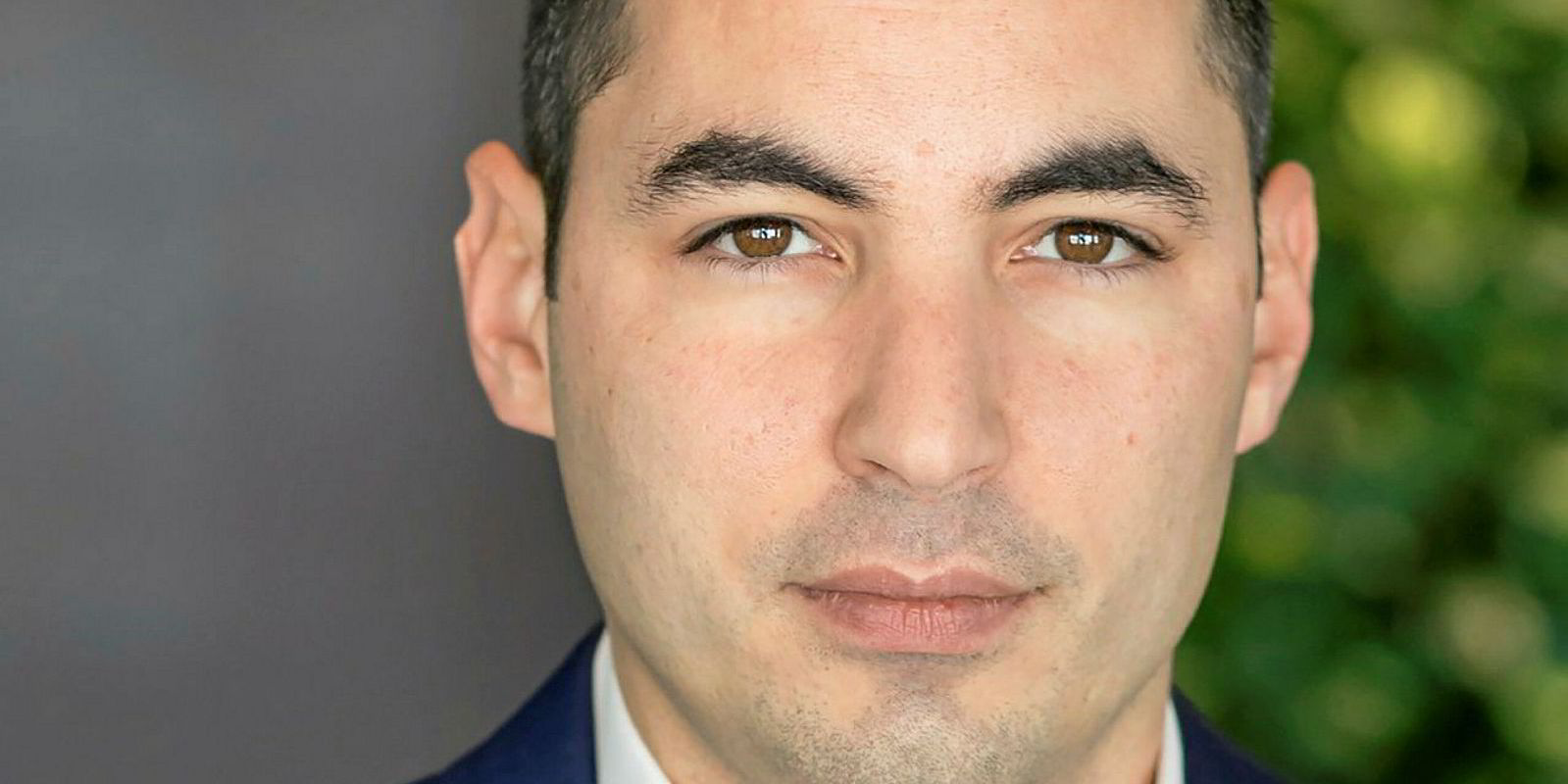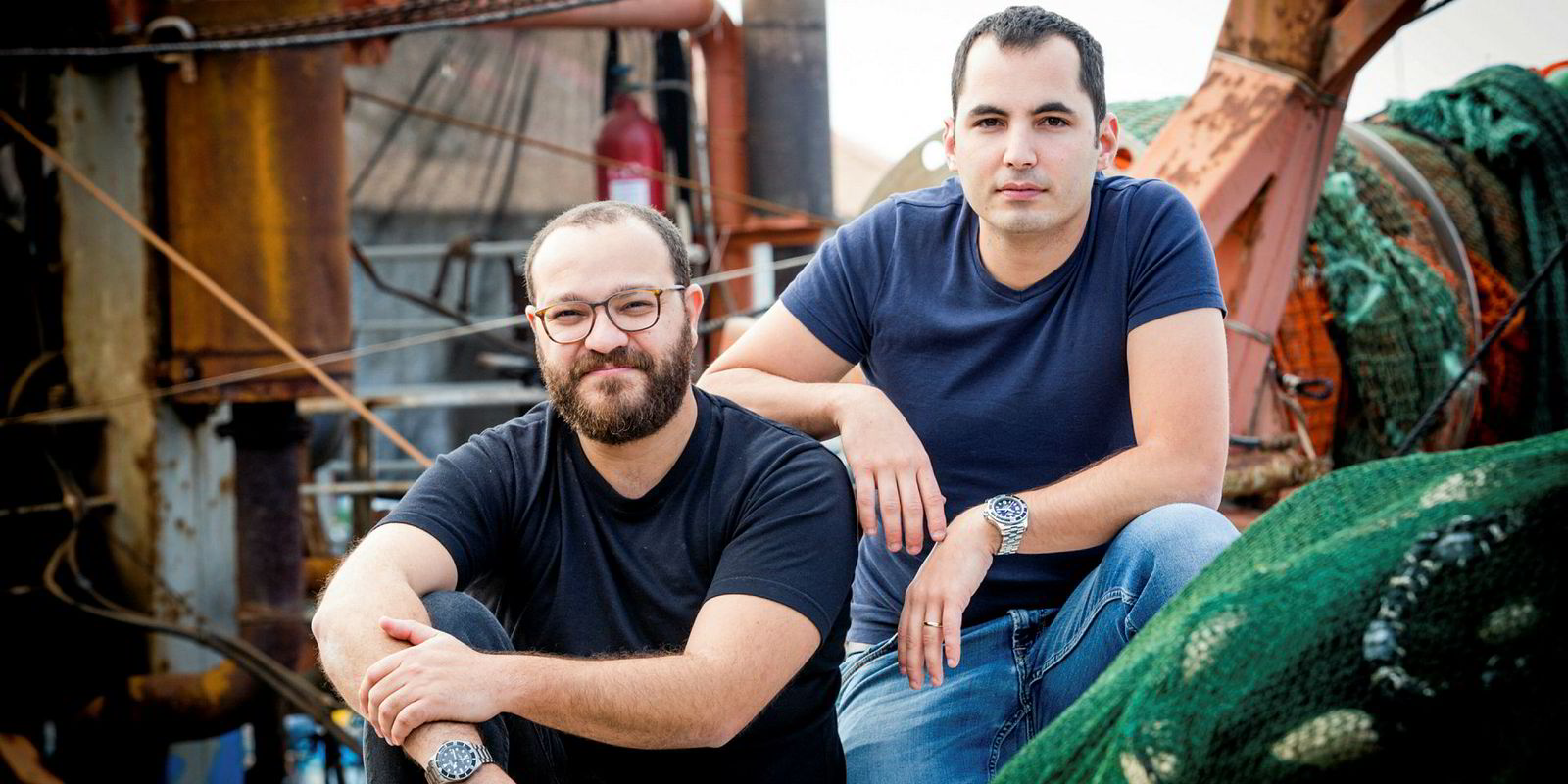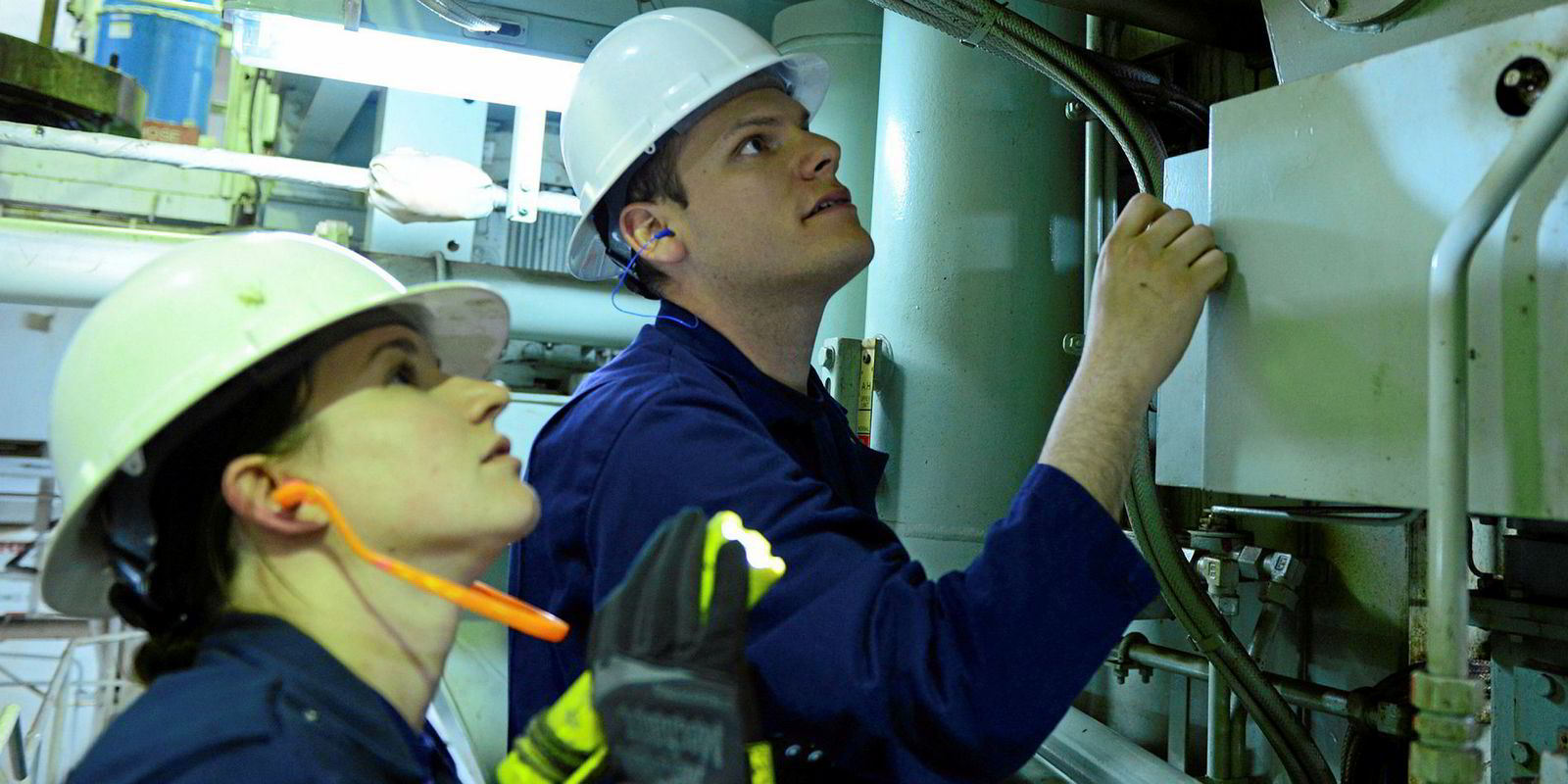I was happy to read that the Paris MOU is looking into reversing its decision to cut off its data feed. On the surface, this is a victory for maritime safety and security, and for common sense.
Yet as your article makes clear, the Paris MOU is only “ready to consider” individual requests for the data feed. This hardly represents a return to the status quo ante.
For a start, it means open-access to its port state control data will still end on 1 January. It will instead be replaced, it seems, by a system whereby its 27 signatories will decide — on a case-by-case basis — who can download the data in bulk to their risk models, and who can’t.
Such selective transparency is arguably worse than no transparency at all. It invites the possibility of favouritism, conflicts of interest and even threats against companies if they dare to downgrade risk scores for vessels flagged or owned by Paris MOU members.
It doesn’t take much of a leap to imagine a future whereby organisations opt to maintain a European ship’s risk rating to avoid incurring the wrath of Paris MOU members and having their data feed cut; or perhaps they’ll feel they have to upgrade MOU member vessels just to maintain access. What if only European companies are given access to the data, but American or Asian ones aren’t?
Not only would it lead to more unseaworthy vessels being allowed to sail; it would undermine trust in Paris MOU port state control data, to the detriment of everyone with an interest in maritime safety and security.
The Paris MOU has always been at the forefront of maritime safety and security, helping make the world safer, cleaner and more secure. Like the high seas, its data should be treated as a common good, existing for the benefit of everyone in the maritime ecosystem. At the next meeting of the Paris MOU’s members’ committee, secretary-general Luc Smulders has a chance to keep it that way. He should take it.
Ami Daniel is co-founder and CEO at Windward.





